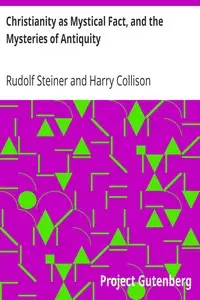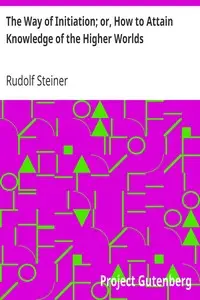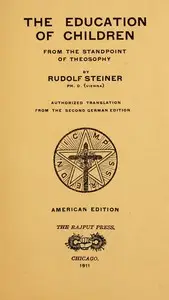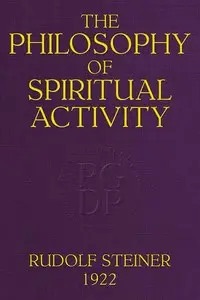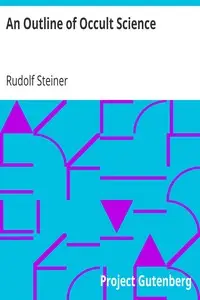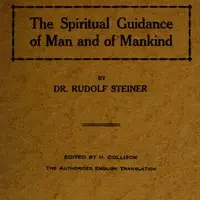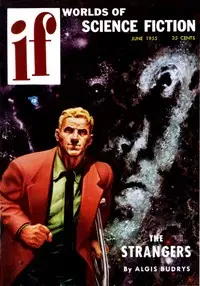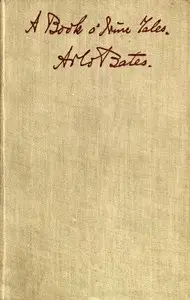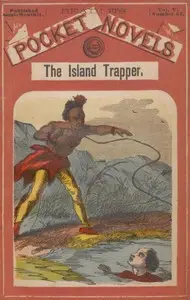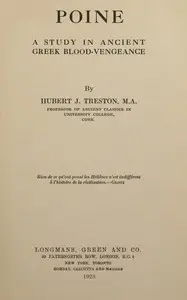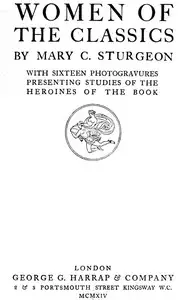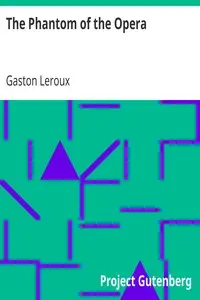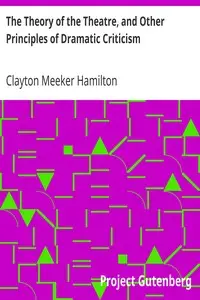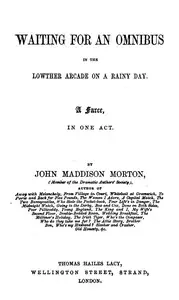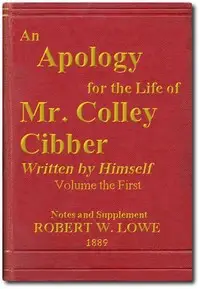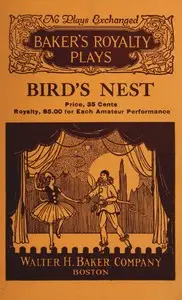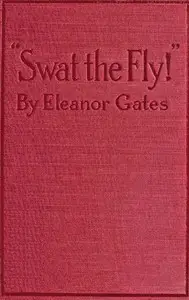"Four Mystery Plays" by Rudolf Steiner is a collection of Christian mystery plays written in the early 20th century. This work consists of four interconnected plays that explore the spiritual journey of individuals as they undergo initiation and psychic development, seeking to awaken true self-awareness and understand the deeper realities of existence. The characters include a diverse array of seekers, such as artists, scientists, and mystics, who engage with complex spiritual themes intertwined with their personal experiences. At the start of the first play, "The Portal of Initiation," the audience is introduced to a character named Sophia and her children, who engage in a song celebrating the beauty of the natural world and the connection to the spiritual realm. The opening scenes consist of dialogues that reflect the tensions between different worldviews regarding art, spirit, and life’s deeper meanings, particularly through the perspectives of Sophia and her friend Estella. As the characters discuss their aspirations and frustrations, the foundation is laid for a profound exploration of the human soul's struggles and spiritual quests, hinting at the dramatic events that will unfold in their interconnected lives. (This is an automatically generated summary.)
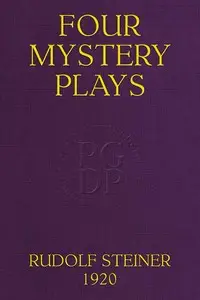
Four Mystery Plays
By Rudolf Steiner
"Four Mystery Plays" by Rudolf Steiner is a collection of Christian mystery plays written in the early 20th century. This work consists of four interc...
Rudolf Joseph Lorenz Steiner was an Austrian occultist, social reformer, architect, esotericist, and claimed clairvoyant. Steiner gained initial recognition at the end of the nineteenth century as a literary critic and published works including The Philosophy of Freedom. At the beginning of the twentieth century he founded an esoteric spiritual movement, anthroposophy, with roots in German idealist philosophy and theosophy. His teachings are influenced by Christian Gnosticism or neognosticism. Many of his ideas are pseudoscientific. He was also prone to pseudohistory.

